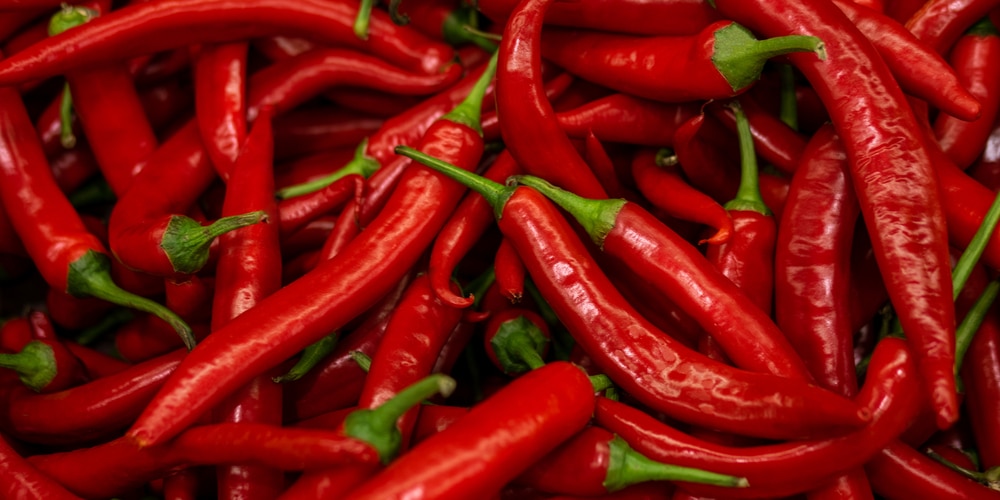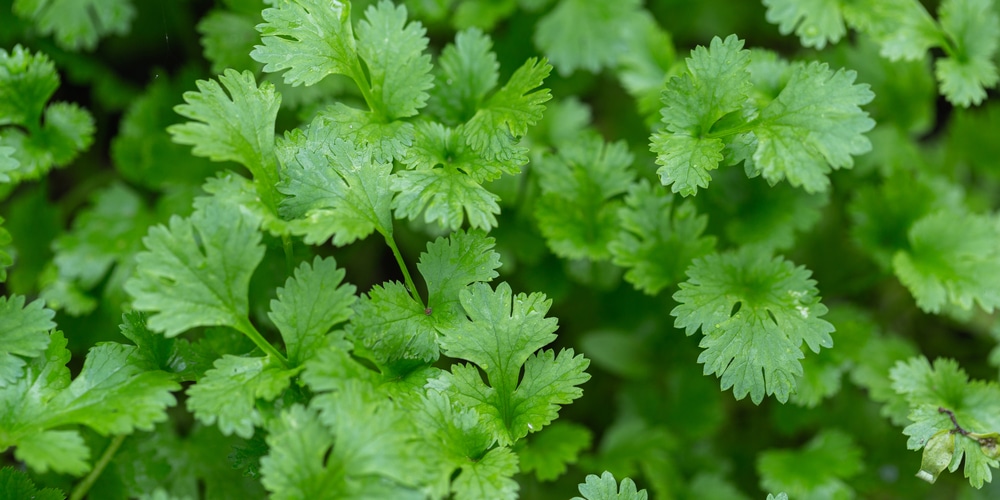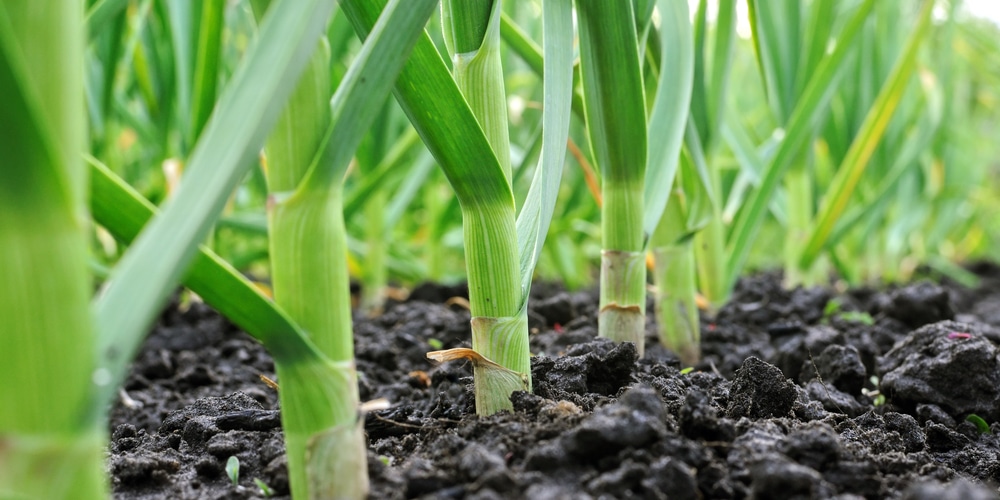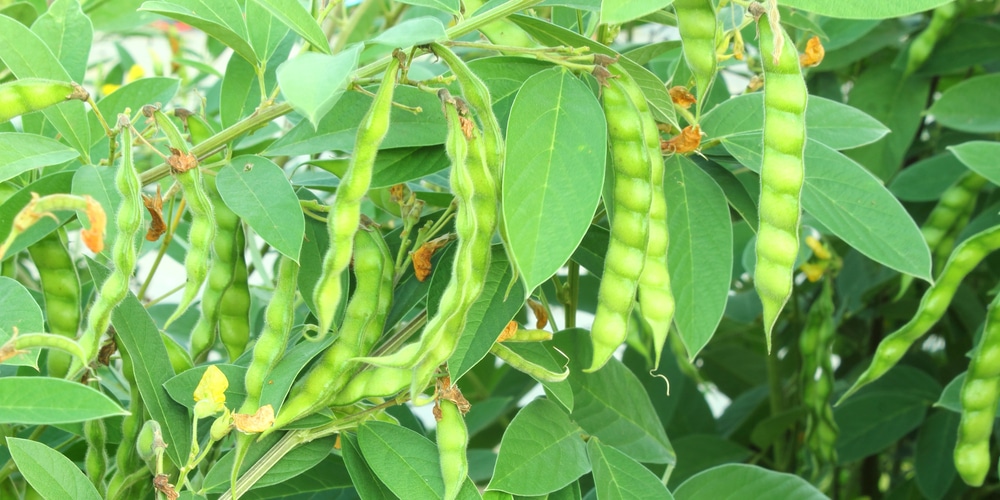If you’re like a majority of people, you probably have a limited garden space and would want to plant several things. You might want to grow some spices, flowers, and vegetables together. Well, one edible flowering plant that won’t interfere with the growth of other plants is ginger. Let’s look at ginger companion plants.
About ginger companion plants
Companion planting is a traditional practice of gardening that is still used today. It entails growing certain plants together to achieve a desired effect in the garden. Often, these plants complement each other in some way. For example, planting tomatoes with basil or planting carrots with celery can help to deter pests. Most companion planting practices are based on the belief that plants will work together to help each other out.
Ginger is a hardy perennial with a woody root system that can survive colder temperatures than most other plants. This evergreen plant with light green, heart-shaped foliage prefers morning sun and partial shade in hot afternoons. Its leaves are lobed and grow to be about an inch wide. In the fall, the leaves turn a beautiful shade of yellow. The flowers are small and greenish-yellow. They grow in clusters of 8-12 buds on stalks about 4 inches long.
Ginger produces small, delicate fruits called capsules that range in color from white to pale green depending on the variety. Ginger can be propagated from either seed or by division of the roots.
What Makes Ginger a Good Companion Plant?
Here are a few reasons why ginger is beneficial to other plants:
Ginger is considered a pest repellent. It has a pungent smell that can deter insects and other pests from eating the leaves and stem of your plants.
Ginger doesn’t require full sun during the day and won’t mind being under the shade that other plants provide!
The minimal maintenance needs of the plant make it a great choice for small spaces. Ginger is easy to grow and can be planted in the garden, pots, or containers.
Ginger plants grow to a height of 3 ft., making them a perfect plant for growing under the canopies of taller shrubs and trees.
Ginger is a harmonious plant that has no negative effects on other plants.
The soil condition that is suitable for ginger is also ideal for a plethora of other plants.
What Can I Plant with Ginger?
Here is a list of plants that are good companions for ginger and the benefits they’re bound to get when they are grown alongside each other.
Chili Peppers
Chili peppers are a good companion plant for ginger because they offer benefits to each other. Chili peppers provide a shady respite and shelter to your gingers. While on the other hand, ginger deters pests from your chili peppers.
Cilantro
Both ginger and cilantro are dominant ingredients in the world of cuisines. Planting them together is one way to reduce the time spent in the garden.
Cilantro prefers the same climate and soil as ginger, and cilantro grows tall enough to provide shade for your gingers.
Garlic
Ginger and garlic are very similar in their benefits. Garlic is another hardy perennial that can withstand cold, wet conditions, pests, and diseases. Garlic also repels insects and pests away from your garden, making it an excellent companion for ginger.
Lavender
Lavender and ginger plants are similar in appearance, requiring only about 12 inches of space in their garden beds to thrive well together. Lavender repels insects and pests away from your garden while providing the shade that gingers need so much. Lavender also makes an excellent companion plant since it can provide you with a pleasant smell that will mask any odors from the ginger.
Pigeon Pea
There are numerous benefits of growing ginger along with Pigeon Pea. These are:
Pigeon Pea is a member of the legume family, and that helps your ginger by giving essential nutrients back into the soil. The soil will quickly absorb the nitrogen that is released by the pigeon peas to help improve your soil’s health.
You can easily prune the pea plants to make healthy mulch for the ginger plants.
Pigeon Pea grows taller than ginger and can provide a lovely shade to your ginger plants.
Nearby plants often get damaged when you’re harvesting your ginger. That is not the case with pigeon pea because it keeps growing without minding the disturbance.




